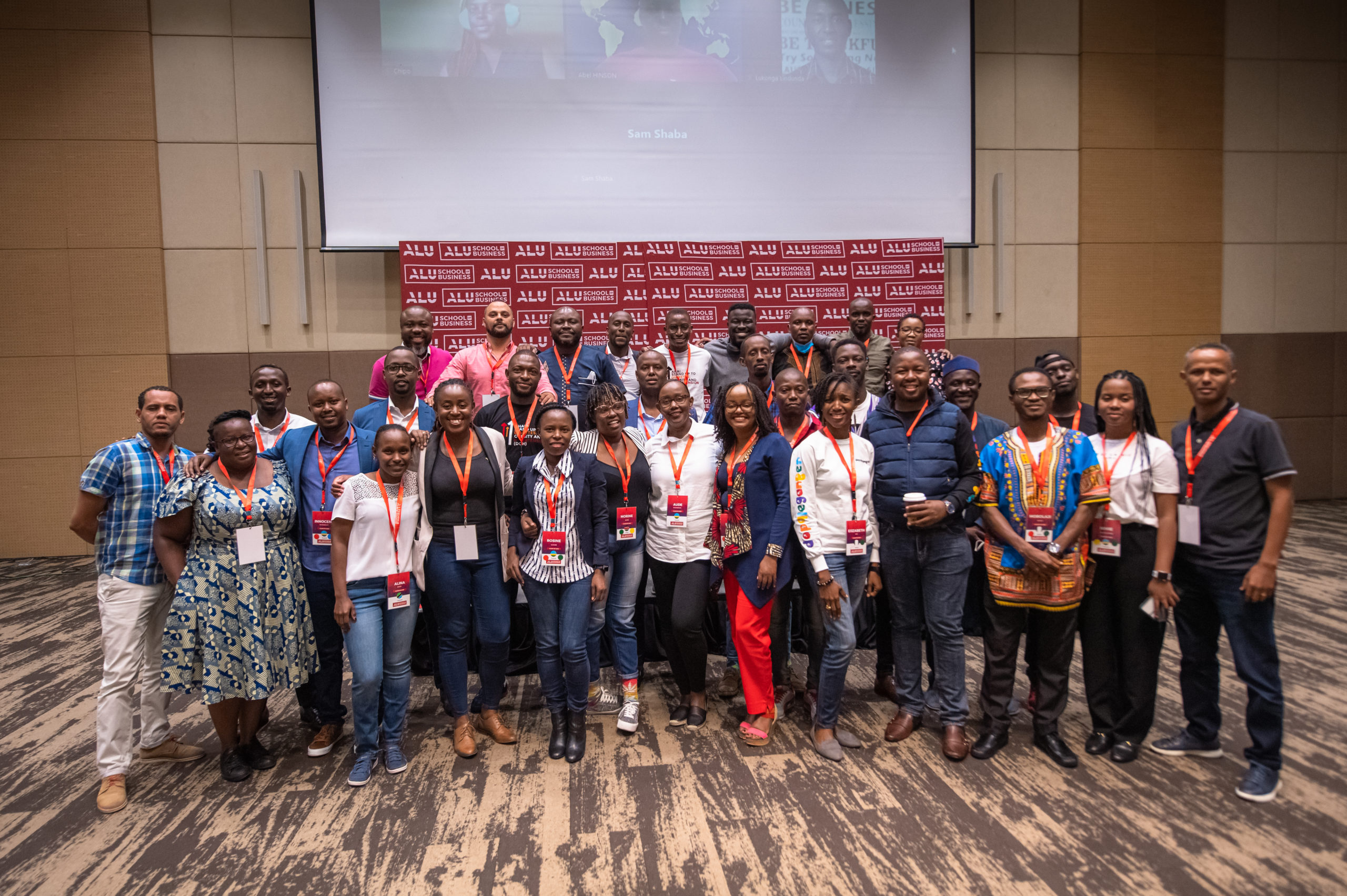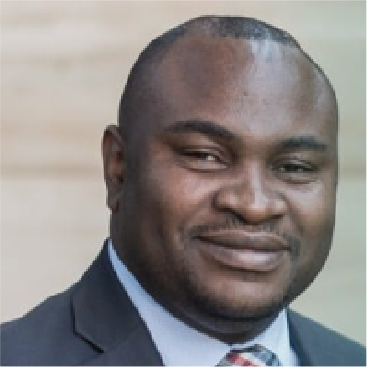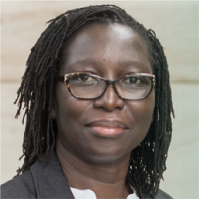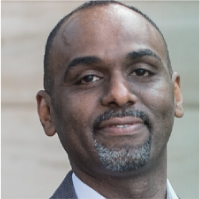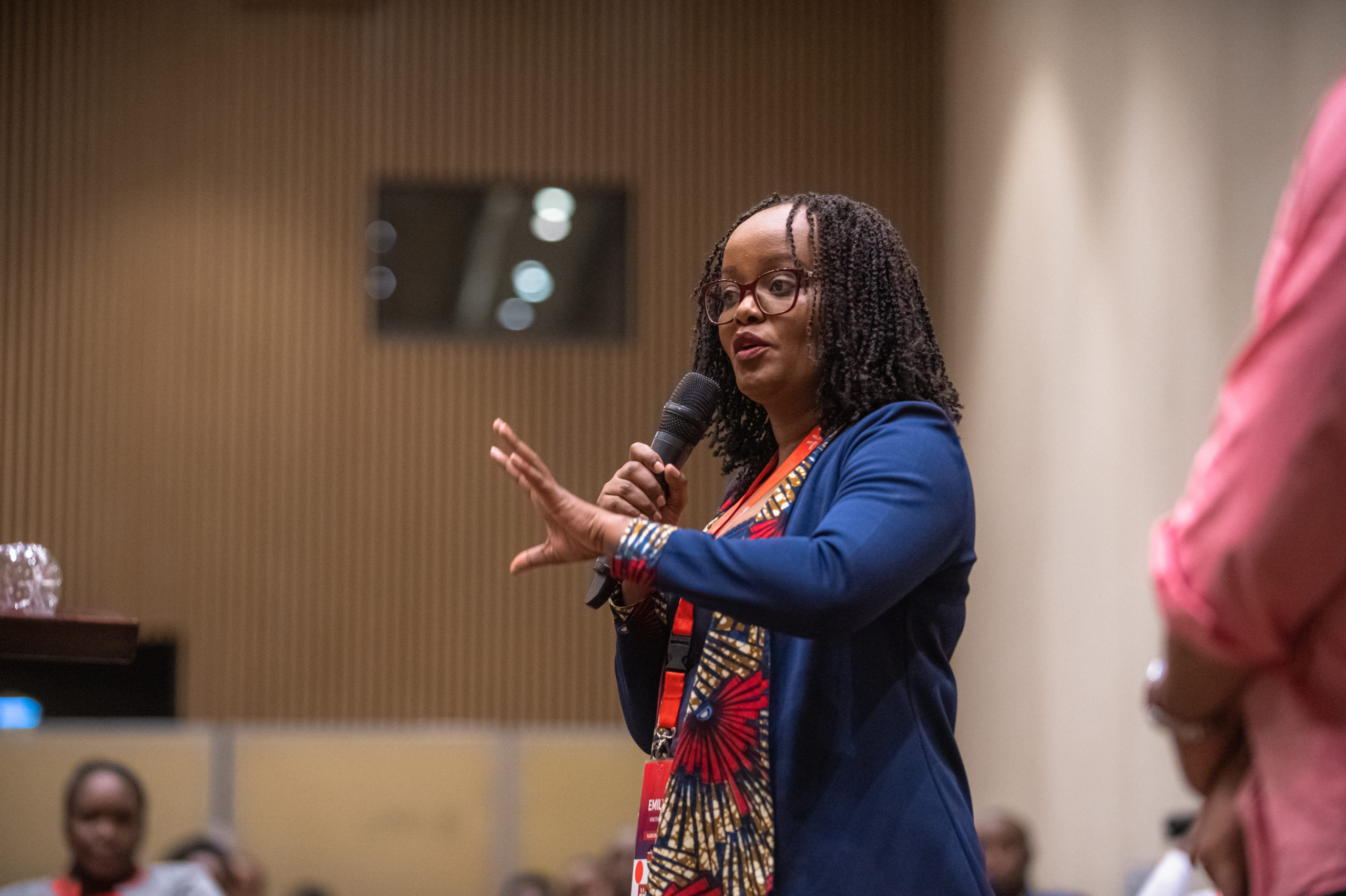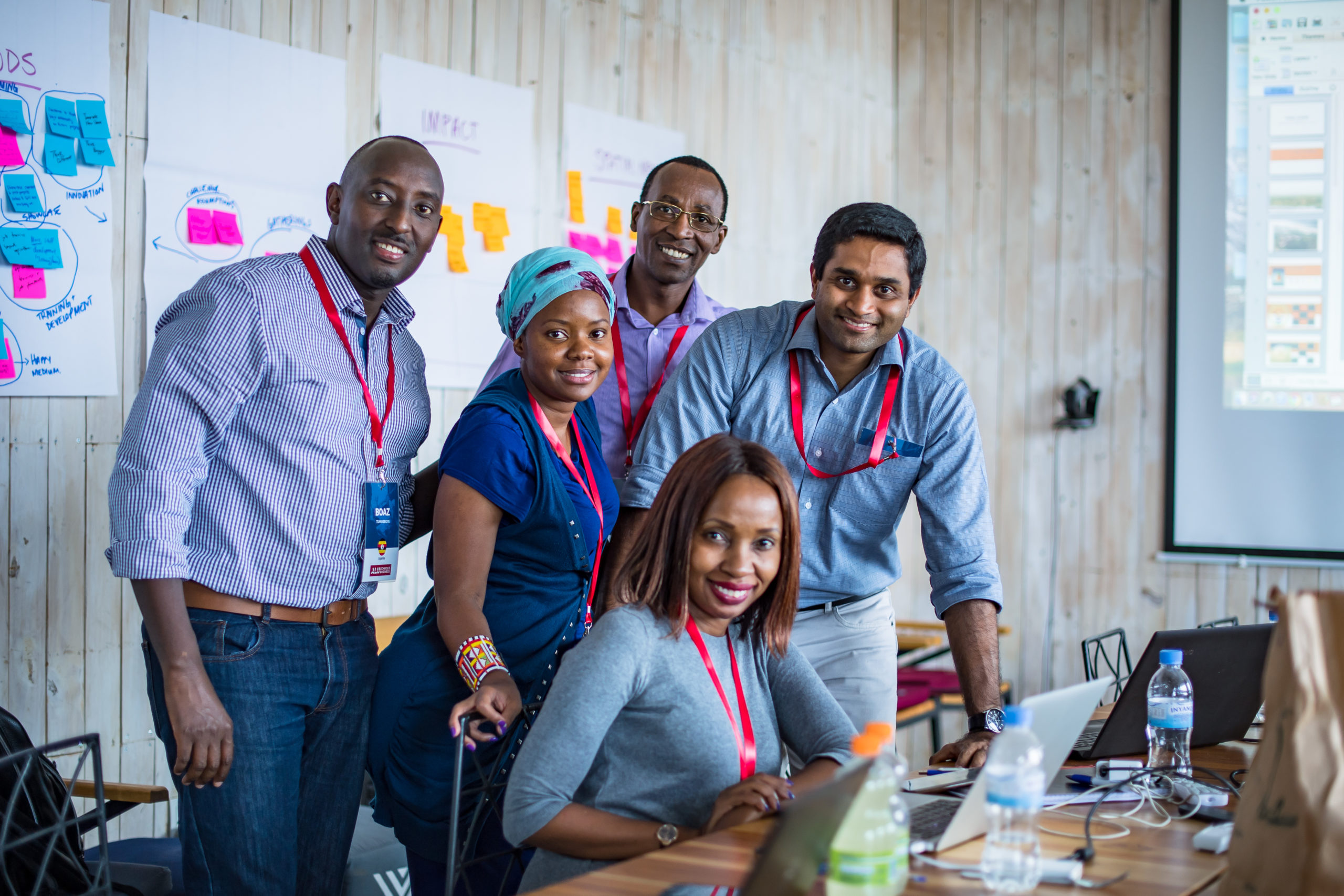Author: Tinashe Nondo ’22
“We are resilient by virtue of being African. Even though there is turmoil, we need to get up, turn up and thrive.” – Saray Khumalo.
We finally made it, our very first in-person intensive since the onset of the COVID-19 pandemic. The weeks leading up to this momentous occasion were marred by exhaustion, overcoming personal difficulties, low morale and coming to terms with the strategic direction the school is undertaking to make the MBA more accessible to more future leaders. Unfortunately, not all our colleagues could make it, but the school once again proved to be dynamic by instituting a hybrid model which involved live recordings of the sessions, allowing remote students to dial in via Zoom. I have always appreciated how adaptable ALUSB is.
Let the good times roll
The excitement at registration was palpable. Finally, we were occupying the very same space. The week’s festivities were kick-started by the ‘Amazing Race’ through the streets of Kigali. We were split into teams and assigned a tour guide from CityBuddiz, a tourism and leisure company that creates memorable travel experiences in Rwanda. The tour guide or “Buddi” was tasked with giving each team a set of instructions and tasks to complete at each location. To understand the history, economic activity, and geography of Kigali, we went to 7 different locations: Azizi; Kimisagara Market where the non-Rwandese team members had to bargain for bananas in Kinyarwanda; Nyamirambo Women’s Center; Kigali Carfree zone; Inema Arts and Caplaki. Of these locations, two had an impression on me:
1. Sainte Famille is the oldest church building in Kigali which doubles as a genocide memorial site. It is difficult to describe the emotions that coursed through my veins as I read victims’ names who lost their lives in 1994. Rwanda truly is a testimony of what happens when sound leadership collides with effective nation-building to bring about restoration, not only for an elite few but the entire population. If rapid economic growth and development can happen in Rwanda, it can surely happen everywhere else in Africa.
2. Nyamirambo Women’s Center was a reminder of how women form the backbone of society. The owner of the shop has hired 50 women, whom she has taught how to sew handmade goods which are then sold at competitive prices. The women make everything from bags, baskets, hats, and other items of clothing. She also assists with organising tourist tours in which visiting foreign nationals can get a sense of Rwandese culture.
There were lessons to be learnt about virtue at two stops, where two actors who were disguised as a blind cripple and a beggar respectively approached each team asking for help. Some team members assisted immediately, whilst others were mistrusting and fixated on winning the race. The cultural context in certain situations impedes decision making or compels one to act.
The other organised activities were a welcome dinner, the SRC Party on the Radisson rooftop where we danced our stresses away and an alumni brunch. We were hosted at the ALU Rwanda campus for ‘Frontiers’ to improve team dynamics and strengthen leadership culture within our cohort. There, we were tasked with completing a host of team-building exercises, from directing marbles into cups with pipes; to transporting bucket loads of water from one “Island” to another using nothing but rope; to being blindfolded and guided through a maze. Insights gained from the exercises were truly enriching, from the importance of strategising and consultation before completing a task. As a trailblazer, I tend to tackle tasks without thinking about the best course of action. I also realised that sticking to the same strategy can be detrimental to progress, as both teams and the environments they occupy are oftentimes fluid. Perhaps the most humbling lesson for us all was that in getting caught up in achieving a goal, other team members are often overlooked, resulting in hurt and mistrust.
The courses
Of course, the week was also academically charged. I can safely say that Political Economy and the Context of African Business (PECAB) became my favourite subject. The lead faculty, Professor Adebayo Olukoshi is undoubtedly a walking library with a wealth of uncontested knowledge. Given our historical context of extraversion here in Africa, it is indeed time for us to spearhead autochthonous policy-making processes. Africa is rich in resources, through collaboration and coherence, underpinned by sound governance and strengthened state/society relationships, I believe that it is possible for us to rewrite our history, manufacture homegrown products and trade them intra-regionally. Although there are external forces whose sole purpose is to “keep Africa in the dark,” we should be empowered enough to bring our own agendas to the table.
Entrepreneurship and Innovation is a design thinking class that’s fast-paced, fun and exciting. Chidi Afulezi and Ruvimbo Chikwava did a fantastic job of making us all realise that we can engage in entrepreneurial thinking. The premise of the course was to find a wicked problem, conduct comprehensive market research and then come up with a viable solution to address the problem. The ultimate event of the course is “the Arena,” where the best 5 presentations from a wide range of sectors are pitched to the entire class and a panel of judges. Arnaud Gnago’s presentation on cultural degradation was simply mind-blowing. To curb this problem, he is designing comic books and literature that celebrates Africans as the heroes and heroines of the day. He told a compelling story of how his young son, although living in Côte d’Ivoire, wanted to visit Africa one day. This year the Arena judges were Umulinga Karangwa, Micheline Ntiru and Lavanya Anand. In term 4, we will be moving over to Capstone, a subject that ties all the learnings from the MBA together in a final market-ready product or solution. Watch this space.
In Leadership Lab, the close of value marked the introduction of the third and final component of the V^3 model, Vision. We were introduced to the fundamentals of effective storytelling to embolden followers to buy into our visions, developing a growth mindset and the power that lies in wearing different hats.
Managing Across the Continent, our latest course, facilitated by Elizabeth ‘Liz’ Muguchu is fun, highly theoretical, and practical in nature. Covering topics such as workplace culture, policy development, employee wellbeing and diversity.
Keynote Speakers
“Your story is told only when it is told by you.”-Lacina Kone
Saray Khumalo, the first African woman to summit Mt. Everest is an absolute gem. Hers is a story of resilience, where vision meets virtue. The goal to climb Everest was birthed out of a desire to raise money that would go towards educating disadvantaged children in South Africa. What struck me about Saray was her resolve to never give up. Through vivid imagery and compelling storytelling, she described her quest to summit Everest despite three former failed attempts and close encounters with death during both her preparation and climbing phases. We were with Saray at base camp on her first attempt both nervous and excited, imposter syndrome in the periphery as she tried to prove her worth; we saw the Khumbu icefall that killed 16 shapers (guides). We were also there, terrified when there was an earthquake which nearly made her lose her “shaper,” I was certainly there on attempt number 3 drifting in and out of consciousness, lying on my back with the peak in sight and finally we were there, on top of the world on her 4th and successful climb.
Spending time with Saray made me think about who the people in my corner are and if they are destiny shapers who will get me to the top of my dreams. I also reflected on the steps I am practically taking today to leave a legacy for generations to come. Notwithstanding the importance of maintaining horizontal relationships with my equal counterparts. Perhaps the most important lesson garnered from Khumalo’s session is the fact that even if you get to the top of the world, there are still stars that are begging to be reached.
The co-founder and CEO of EarthEnable, Gayatri Datar also graced us with her presence. Hers is a social enterprise based in Rwanda that installs healthy and affordable floors for low-income families. Gayatri’s vision was achieved through continuous iteration; repeated failure; pushing her mistakes back against her vision; using research and development tools and the wealth of knowledge of local masons.
Although faced with multiple challenges Gayatri, managed to crack the code behind developing durable floors through cost-effective means. Covid-19 proved to be a blessing in disguise as it broke all dependence on trucks to transport materials, at this inflection point, she discovered that roadside sand (laterite) combined with linseed like oil, produced by Gayatri’s co-founder in a lab was the secret ingredient to long-lasting, high-quality floors. This discovery cut production costs down by 30%, enabling Datar to increase mason salaries. She also introduced a new business model. Making the masons franchisers meant that on top of installing the floors, they could be 100% equity holders, all they purchase from EarthEnable is the oil and customers who need the flooring to be installed, contact the masons directly. Gayatri Datar and her team have not only stopped at this ground-breaking innovation, but they are also now in the process of identifying ways of designing safer houses.
“The future of work in Africa and the Leadership Challenges,” a talk facilitated by the Director-General and Chief Executive Officer of Smart Africa, Lacina Kone was by far the cornerstone of all the work we had done during the week. The sad reality is the fact that we are often bound by a structured way of thinking which prevents us from fulfilling our potential. Our precept mentality in Africa led us to believe that we need help for everything. Another disconcerting reality is the fact that we are largely consumers and not producers. Smart Africa is working tirelessly to advance the use of artificial intelligence in Africa. By creating knowledge-based economies in Africa using Information and Communications Technology (ICT) to enable digital transformation in governments, businesses, and infrastructure as well as innovation driven-entrepreneurship.
Throughout the week, all our preconceived ideas of each other were either broken or reshaped. Context is key and there is certainly something magical about hearing a person narrate their life story. This feeds into the importance of telling our own stories with our own pens, especially as Africans who desire to see long-lasting change across the diverse terrain of our beloved continent. The week in Rwanda reminded us of the importance of asserting our own societal and developmental agendas, either when given the platform to speak or in our seemingly mundane day to day lives. Will you accept the call to tell a different African story? More importantly, will you tell yours?
Your story of triumph, hitting the floor and getting up again, is the foundation future leaders will build on. Tell it!
